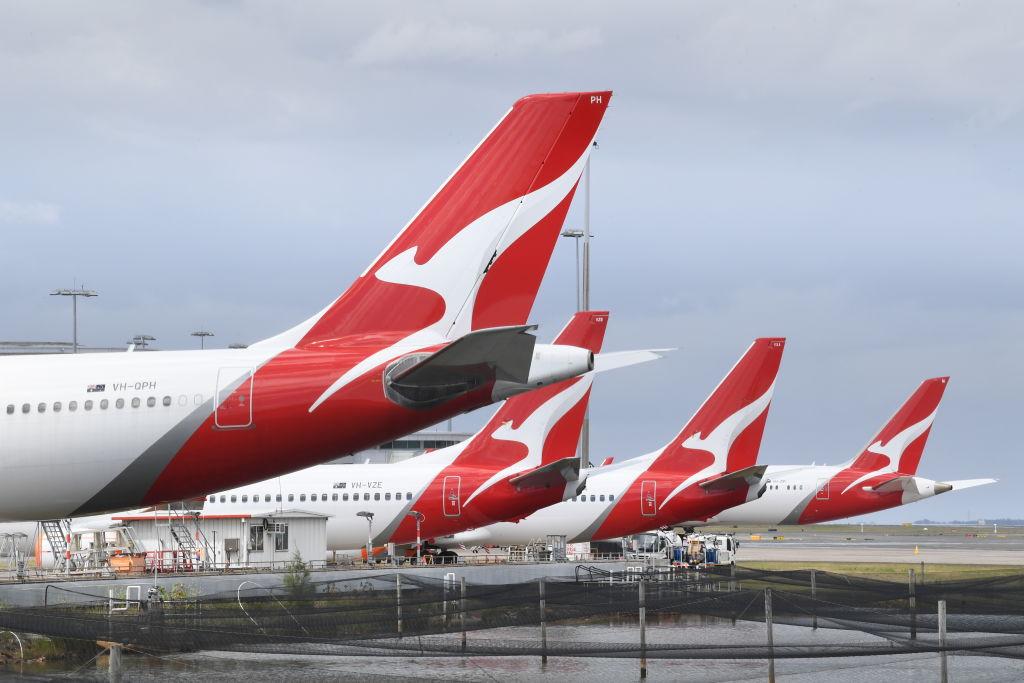Australian travellers will find it easier to get cash compensation in time when their flights are cancelled or delayed.
On Aug. 26, the Albanese government released its Aviation White Paper, which examined policies to “promote efficiency, safety, sustainability, and competitiveness of the aviation sector out to 2050.”




